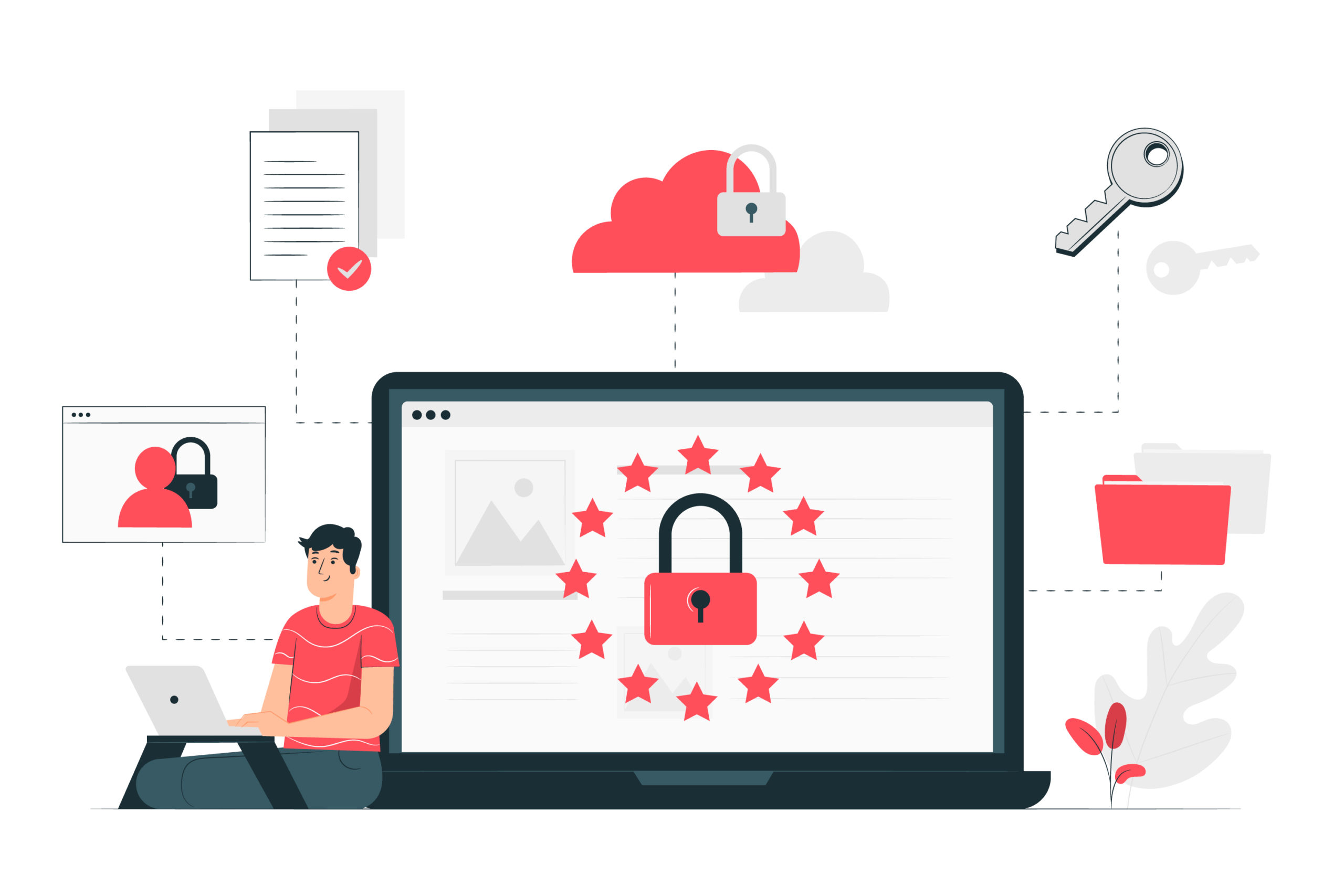Online fraud : Darker side of online payment services
Shopping has never been so much fun until online services invaded our lives. Of course, shopping seems so easy and convenient when we can do it online from anywhere, anytime. Moreover, the generation today is so dynamically growing that they demand comfort at every step of their lives, and so, online shopping services have been the best means to shop saving a lot of time and effort. Rendering online services is certainly a great way to deal with a number of things. Moreover, it simplifies a number of tasks in day to day life. You needn’t run out from place to place searching for the right goods or services, which you can simply look for online while sitting comfortably at your home. But have you ever wondered there might be certain corners of these online services which you aren’t aware of? They might seem to be convenient and highly efficient but are you sure that each site you visit follows a safe and secure payment procedure? Of course not. These days, there is a pool of online marketers who initially look forward to benefiting themselves by pulling you in fake deals or trapping their customers into unethical payment procedures. This is where the concern centers in. Let’s get into this matter to know more about its consequences.
Certainly, many of those individuals who prefer shopping online or rendering any online service uses online payment facilities to make their payments smoother. Many of the sites available today offer a highly secure payment gateway. Did you know how phishing scammers target these online payment securities to break into your privacy or to steal your sensitive information? Moreover, such scammers, these days target the online payment facilitators as their best means to benefit their unethical needs. Online payments scam is a bitter reality of the internet age we live in today and the rates are only set to increase with the increased digital adoption in India. An ACI Worldwide conducted 2016 consumers study places India at the fifth position regarding the bank card fraud rates standing behind Mexico, Brazil, United States and Australia. This is how such frauds are gradually rising with the increasing use of online payment facilities as the phishing scammers target them to fetch out the utmost benefits unethically.
As they say, the foremost weapon against any problem is education and awareness. So, it’s important to understand the payment frauds and online fraud prevention that take place and their consequences. The most common types of online fraud occur via phishing, data theft and chargeback or friendly fraud. When we come across phishing, it is the process of accessing one’s personal information through fraudulent e-mails or websites that claim to be legitimate. The information gathered this way can include usernames, passwords, credit card number or bank account numbers. The most commonly used method for phishing is to redirect an online user through an email or SMS to an official website where they are asked to update their personal information. You are thereby tricked into revealing personal information that you would ideally not reveal to anyone else. Phishing can also occur via other electronic means such as SMS, instant messaging and on email. You can be redirected to make a payment on a website that looks legitimate, but initially is created with an aim to capture your card details so that they can be used later. According to this reports, India is the third-most targeted country for phishing scams. This is how gradually the online payment facilities are turning out to be the ultimate target of phishing scammers benefiting themselves by scamming online shoppers through fraudulent payment techniques or capturing the operating payment gateways and linking them unethically to their own payment gateways to commit fraud.
With the rising number of e-commerce users and online transactions, it is important that we are all aware of the mandatory security protocols for e-commerce websites so that we can avoid fraudulent situations. Data security on an online payment system begins the moment a user visits the site. The TLS Certificate indicates the users that the data transmitted between the web server and their browser is safe or not. An easy way to check if the e-commerce websites you frequently visit are SSL certified is to look at the URL and see if it uses ‘Http://’ or ‘https://’ protocols. The additional‘s’ signifies a secure e-payment system. You can also look for the padlock icon at the beginning of the URL. The modern web browsers are now following the opposite paradigm to make their web surfing safe by marking HTTP sites as “insecure”. The PCI Security Standards Council is a worldwide organization that promotes systematic rules for managing cardholder’s confidential data for all e-commerce websites and online payment gateways. The Payment Card Industry Data Security Standards (PCI-DSS) is in effect with a set of policies that govern how cardholder’s sensitive data should be handled and it also promotes online fraud prevention. For an e-commerce website or an online payment system to be PCI-DSS compliant, they have to follow certain directives such as maintaining a secure network to process transactions, ensuring all data is encrypted during transmission, keeping the infrastructure secure, restricting information access and so on. Also, credit card tokenization helps e-commerce websites improve security, as it eliminates the need for storing credit card data and reduces security breaches. Apart from these crucial protocols, most of the e-commerce websites and payment gateways have their own fraud and risk prevention systems assisting you in securing your transactions.
Conclusion
Obviously, online payment facilitators have eased a lot of tasks in life, though it’s necessary to sustain a secure gateway to enjoy the ultimate security benefits of such online transactions. It’s good for a customer to execute an online payment saving a lot of time and efforts along with enjoying other online benefits, though one needs to be aware of these suspicious corners of online payments to secure their transactions and prevent falling in traps of scamming online.
To know more about Online frauds, Phishing. TIKAJ provides great Anti Phishing services & Anti Phishing solutions.






